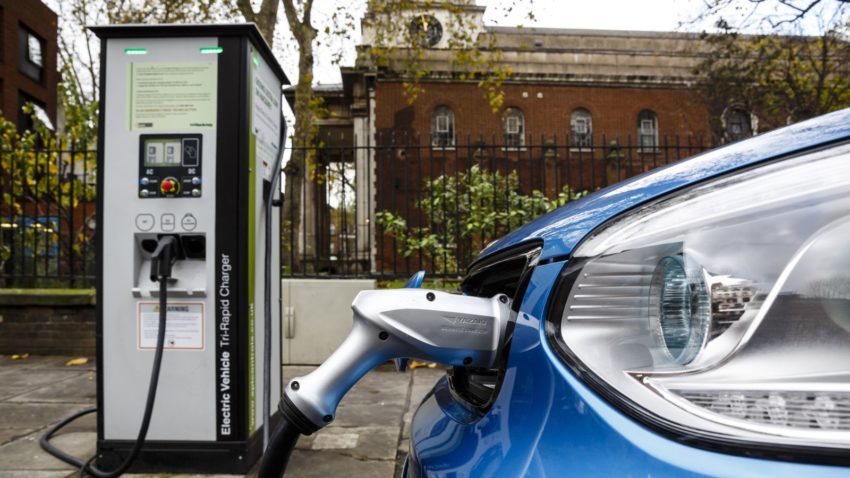
Power warning for UK as electric car surge risks blackouts without urgent investment
The UK risks widespread power outages unless it urgently upgrades its energy infrastructure to accommodate the surge in electric vehicles (EVs), a major new report commissioned by the government has warned.
The Electric Vehicles Energy Task Force, set up by ministers to explore how the nation’s power network should evolve, has delivered a stark message: the grid is not yet ready for the future. Without strategic investment in smart charging and electricity storage, the country could face energy instability and even blackouts as demand from EVs increases.
The report calls for a “smart charging” strategy that encourages drivers to plug in at off-peak times when demand is low. It also recommends building greater flexibility into the grid to cope with unpredictable shifts in electricity consumption.
Critically, the authors underline the need to maintain second-by-second balance between power supply and demand. “If this balance is not maintained,” the report warns, “the system can fail.”
The call to action comes amid a rapidly shifting automotive landscape. While electric and hybrid vehicles still make up a modest share of total car sales in the UK, they represent the fastest-growing sector. According to data from the Society of Motor Manufacturers and Traders (SMMT), 229,000 electric and hybrid vehicles were sold in 2019, including 37,850 pure EVs — a 144% increase year-on-year.
In contrast, diesel sales have continued to fall, and while petrol-powered cars still dominate with nearly 1.5 million sold, growth in that segment was just 2%.
The urgency is compounded by international trends. As countries ramp up efforts to combat air pollution and climate change, carmakers worldwide are being pushed to shift towards zero-emission vehicles. For the UK, this transition is happening against a backdrop of economic uncertainty and a three-year decline in domestic car sales. Brexit-related trade disruption has only added to the challenge.
Still, there are bright spots. On Wednesday, Hyundai and Kia announced a joint £85.5 million investment in High Roller UK-based electric vehicle startup Arrival. The deal will see the companies co-develop electric commercial vans — a vote of confidence in British innovation within the EV space.
The SMMT expects 23 new battery electric models to hit UK forecourts this year and has called on the government to step up its support. Chief executive Mike Hawes stressed the importance of incentives and infrastructure in shaping consumer behaviour.
“We urgently need more supportive policies: investment in infrastructure; broader measures to encourage uptake of the latest, low and zero emission cars; and long-term purchase incentives to put the UK at the forefront of this technological shift,” said Hawes. “Industry is playing its part with a raft of exciting new models in 2020 and compelling offers, but consumers will only respond if economic confidence is strong and the technology affordable.”
With the automotive industry investing billions in electrification, the pressure is now on Whitehall and the energy sector to deliver a future-proof network that can handle the load. The electric vehicle revolution is not coming — it’s already here. Whether the UK can power it is another matter entirely.